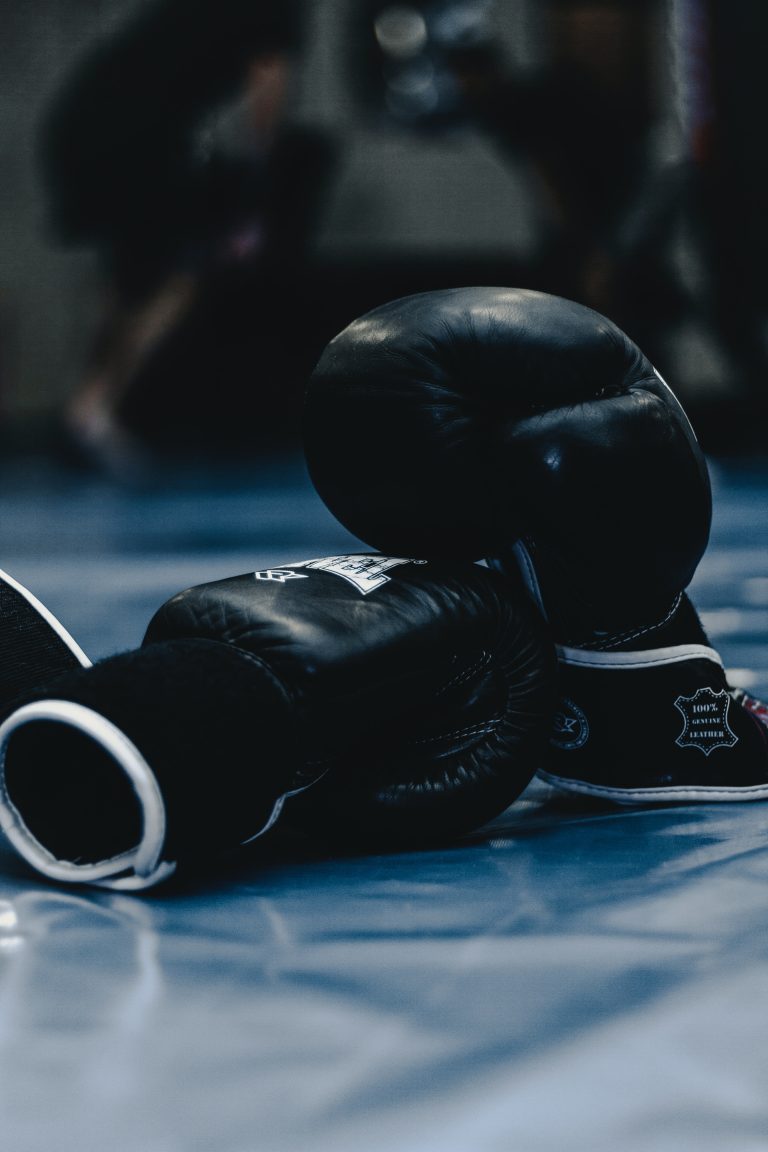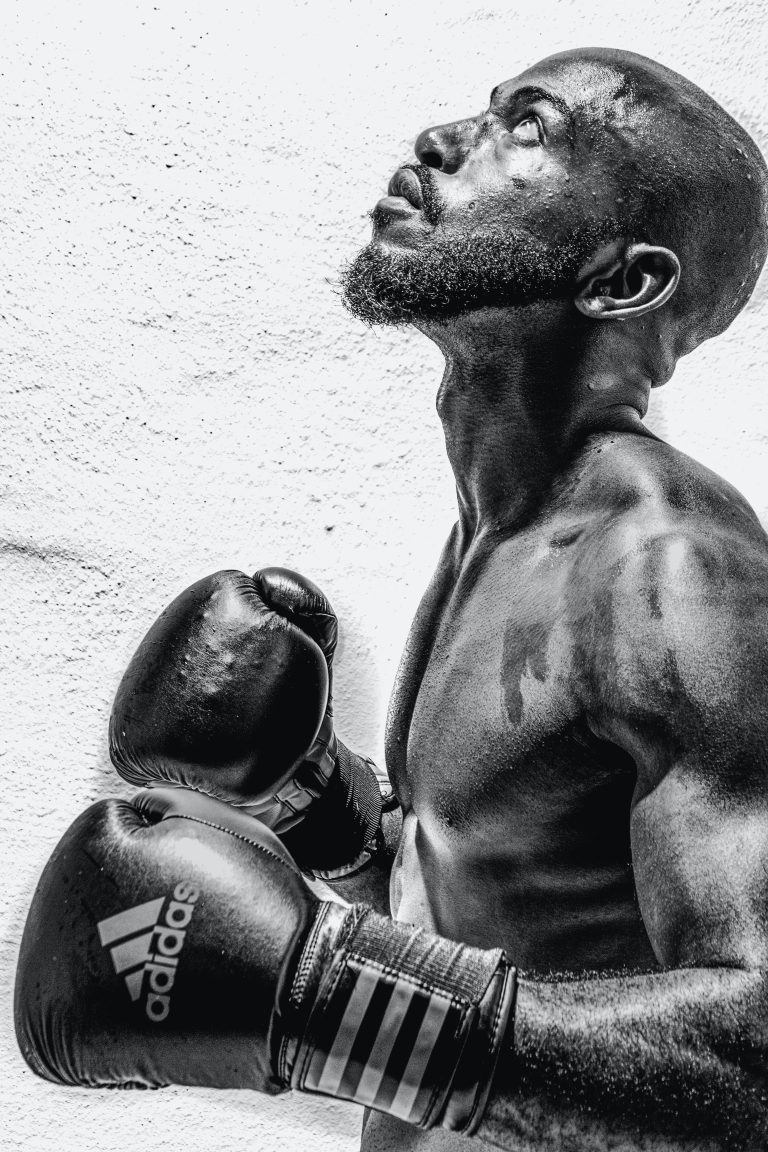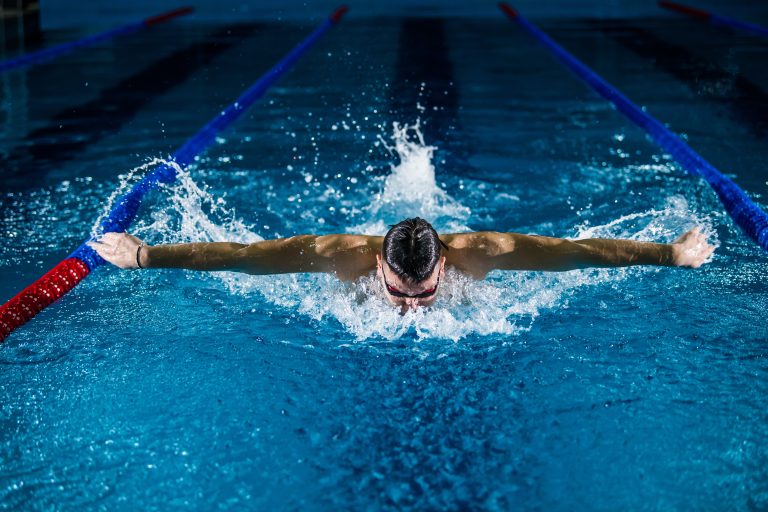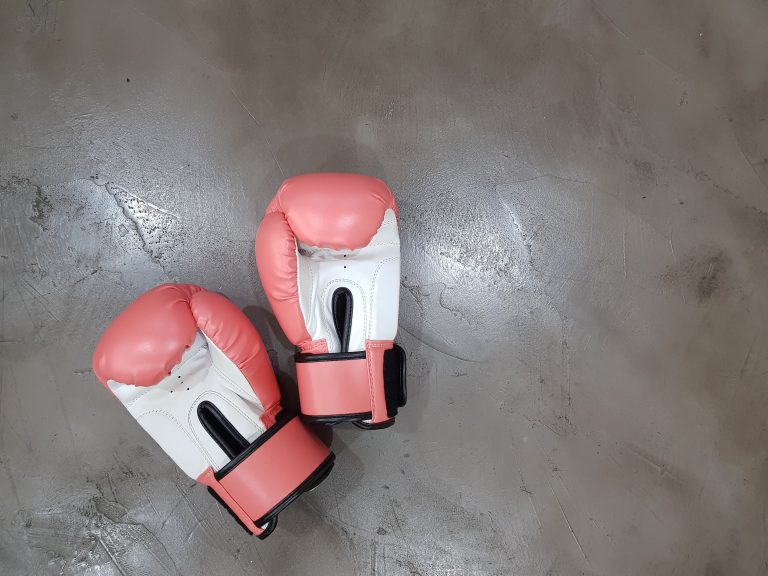Karate: A Guide to Learning and Training
Have you ever been interested in learning one of the most popular martial arts in the world? You might want to try karate. Karate is a martial art that originated in Japan and is now practiced all over the world. It’s fun, challenging, and can help you develop important physical and mental skills.
In this guide, we will discuss some of the basics of karate, why you should learn it, and some useful tips to keep in mind when training.
What is Karate?
Karate is a martial art that involves striking and grappling techniques using various parts of the body, including elbows, knees, and feet. Karate is often associated with high-flying kicks and spectacular moves that can be seen in movies and competitions, but in reality, the focus is more on technique, discipline, and mental focus.
Karate practitioners wear a special uniform known as a gi, and the training typically starts with basic movements, such as punches, kicks, and blocks. As a student progresses, they learn more advanced techniques and combinations, as well as sparring and self-defense.
Why Learn Karate?
There are plenty of reasons to start learning karate, including:
– Fitness: Karate is an excellent way to improve your overall fitness levels. The training involves a combination of strength and cardio exercises that can help you build muscle, lose weight, and improve your cardiovascular health.
– Self-Defense: Karate helps you develop techniques and skills that can help you defend yourself in real-life situations. You can learn how to deal with attackers and how to escape dangerous situations.
– Discipline: Karate is a challenging martial art that requires discipline and mental focus. Practicing karate can help you develop discipline and focus, which can translate to other areas of your life, such as work or school.
– Confidence: Karate can also help you build self-confidence. As you learn new techniques and master them, you’ll develop a sense of accomplishment and pride in your abilities.
Training Tips
If you’re interested in learning karate, here are some useful tips to keep in mind:
– Find a good instructor: When starting karate, it’s important to find a reputable instructor who can guide you through the basics and help you develop good technique. Look for an instructor who has experience and a good reputation in the martial arts community.
– Practice regularly: Karate requires regular practice to master the techniques and develop your skills. Try to practice at least a few times a week, and don’t get discouraged if you don’t get everything right at first.
– Focus on technique: In karate, technique is everything. Focus on learning proper technique and form, and don’t worry too much about speed or power at first.
– Be patient: Karate is a challenging martial art that takes time to master. Be patient and enjoy the journey, and don’t get discouraged if you don’t see progress right away.
In conclusion, karate is an exciting martial art that can help you develop important physical and mental skills. Whether you’re interested in fitness, self-defense, discipline, or confidence, there are plenty of reasons to start learning karate. With a good instructor and regular practice, you can master the basics and progress to more advanced techniques and skills.
Karate: A Guide to Learning and Training – FAQs
Karate is a popular martial art form that originated in Okinawa, Japan. It is widely practiced all over the world for self-defense, fitness, and sports. Karate involves a set of techniques and moves that are designed to improve physical strength, agility, and mental discipline. If you are interested in learning Karate or want to know more about it, then this guide is meant for you. In this post, we will address some of the most frequently asked questions about Karate, and provide answers to help you understand and appreciate this art form better.
1. What is Karate?
Karate is a traditional Japanese martial art form that involves a combination of strikes, blocks, kicks, joint locks, throws, and grappling techniques. It is a highly systematic and disciplined art form that emphasizes physical fitness, mental discipline, and self-defense. Karate practitioners use their entire body as a weapon to defend against an attacker or opponent.
2. What are the benefits of learning Karate?
Karate offers numerous benefits, both physical and mental. Here are some of the most important ones:
- Improved physical fitness: Karate is a great way to improve your cardiovascular health, muscle strength, flexibility, and overall physical stamina.
- Self-defense: Karate techniques can help you defend yourself in dangerous situations.
- Improved mental discipline: Karate training requires a high level of concentration, focus, and self-control, which can help you develop better mental discipline and resilience.
- Stress relief: Karate can be a great way to relieve stress and anxiety, and improve your mood.
- Increased confidence: Learning Karate can help you feel more confident and empowered, both physically and mentally.
3. How long does it take to become proficient in Karate?
The time it takes to become proficient in Karate varies depending on factors such as your natural abilities, commitment, and training schedule. Generally, it takes several years of consistent practice to achieve a high level of proficiency in Karate. However, even a few months of training can help you develop basic skills and improve your fitness.
4. What are the different types of Karate?
There are several types of Karate, each with its specific techniques and traditions. The most popular ones include:
- Shotokan
- Goju-Ryu
- Wado-Ryu
- Shito-Ryu
- Kyokushin
5. Is Karate dangerous?
Like any martial art form, Karate involves some degree of risk. However, if you learn Karate from a qualified and experienced instructor and practice proper safety precautions, the risk can be minimized. Additionally, Karate training can help you stay fit and healthy, which can reduce the risk of injury or illness.
6. Can anyone learn Karate?
Yes, anyone can learn Karate, regardless of age, gender, or physical ability. Karate training can be adapted to fit the needs and abilities of different individuals, and instructors can provide modifications and adjustments as needed.
7. Do I need any equipment to learn Karate?
Yes, you will need some basic equipment to learn Karate, including:
- Karate uniform (gi): This is a specialized garment that is worn during Karate training and consists of a jacket, pants, and belt.
- Protective gear: Depending on the type of Karate training you are doing, you may need to wear protective gear such as gloves, shin guards, and mouth guard.
- Training equipment: This includes items such as punching bags, focus pads, and other training aids that can help you improve your skills.
8. How do I choose a Karate school?
When choosing a Karate school, there are several factors to consider, such as the instructor’s qualifications and experience, the school’s location and class schedule, and the overall philosophy and culture of the school. It’s important to visit the school in person, observe a class, and speak with the instructor and other students to get a sense of whether it’s a good fit for you.
9. How often should I train?
To make significant progress in Karate, it’s recommended that you train at least two to three times a week. However, you can adjust your training schedule based on your personal goals and availability.
10. Can Karate be used for self-defense in real-life situations?
Yes, Karate techniques can be highly effective for self-defense in real-life situations. However, it’s important to remember that the goal of Karate is not to provoke aggression or violence, but to avoid or diffuse it whenever possible. Additionally, it’s recommended that you undergo specialized self-defense training that is tailored to your specific needs and circumstances.
Conclusion
Karate is a highly disciplined and effective martial art form that can offer numerous benefits for both physical and mental health. By understanding the basics of Karate and how it works, you can make an informed decision about whether to pursue it as a hobby, fitness routine, or self-defense strategy. If you are interested in learning Karate, the best way to start is by finding a qualified instructor and school in your area and committing to consistent practice and training.
Inhaltsverzeichnis






